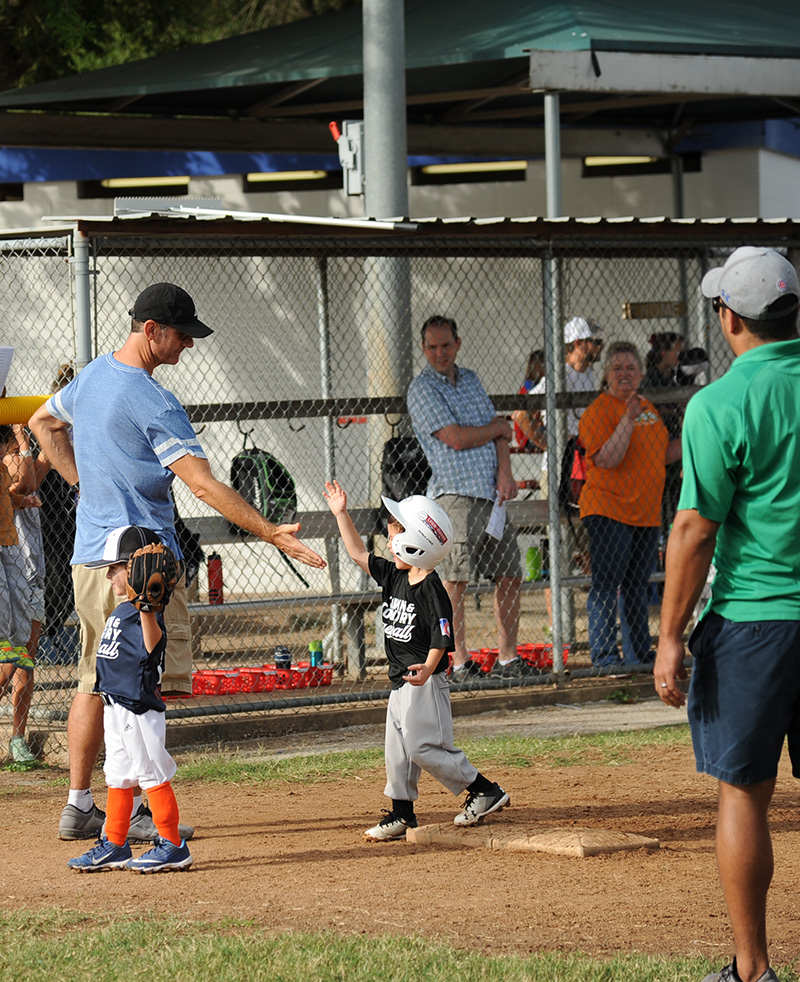All T&C volunteers, from coaches to team managers, must successfully pass a background screen and complete an abuse prevention course to be in compliance with the federally mandated Youth Safe Sports Act. All volunteers who engage with players in practices or games in the dugout or on the field must complete the volunteer process.
To become an approved coach (or volunteer of any kind), you must fill out a Sports Engine coach application at the beginning of a season. The application will generate a criminal background check and direct you to watch an abuse prevention video. The Baseball Board will review the applicants who have successfully passed the background check and abuse prevention video and select the coaches for the season. Both the background check and abuse prevention training must be completed prior to contact with players.
The certification is good for two years from the date of completion. Coaches whose certifications have expired will need to reapply following the process above.








